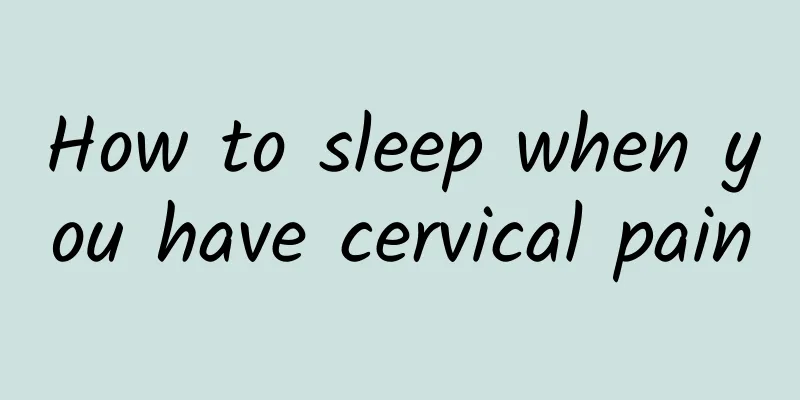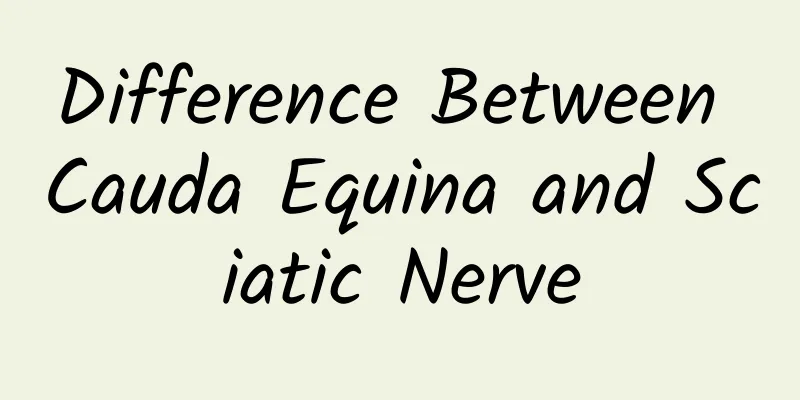TCM Syndrome Differentiation of Cervical Spondylosis

|
Cervical spondylosis is a very common disease also known as cervical spondylosis syndrome. Because there are many joints in the cervical spine, these large and small joint tissues can cause many complications and pathological problems due to inflammatory infections. Therefore, everyone must pay more attention to it in normal times, and cooperate with the use of Chinese medicine traction and conditioning methods to achieve the treatment effect. TCM treatment methods for cervical spondylosis: ▲Traditional Chinese medicine treatment Drugs can play an auxiliary symptomatic treatment role in the treatment of this disease. Analgesics, sedatives, vitamins (such as B1, B12), vasodilators and Chinese herbal medicines can be used, which have a certain effect on relieving symptoms. In addition, while treating cervical spondylosis with manual therapy, conducting TCM syndrome differentiation and treatment on patients can improve the efficacy, shorten the treatment course, and alleviate the patient's pain. (I) TCM syndrome differentiation: cold-dampness blocking the meridians (This type is common in cervical spondylosis cervical type and radiculopathy type): headache or pain in the back of the head, stiff neck, difficulty turning, soreness, pain and numbness in one or both shoulders, arms and fingers; or headache involving upper back pain, cold and wet skin, fear of cold and love of heat, swollen nodules of soft tissue can be felt next to the cervical spine. The tongue is pale red, the tongue coating is thin white, and the pulse is thin and stringy. The treatment is to warm the meridians and promote blood circulation, dispel cold and dampness, dredge the meridians and relieve pain. Prescription: Sichuan cinnamon twig, Notopterygium wilfordii, Clematis chinensis, Gentiana macrophylla, Chuanxiong, Angelica sinensis tail, Pueraria root, Gastrodia elata, Paojiazhu, stir-fried Shenqu, and red peony root. The Qianghuo, Lingxian, Gastrodia elata and Qinjiao in the formula can dispel cold, dampness and relieve pain; Chuanxiong and Gastrodia elata can treat headaches. Cinnamon twig, Chuanxiong, Radix Angelicae Sinensis, Red Peony Root, and Rhizoma Anemarrhenae warm the meridians and promote blood circulation, and dredge the collaterals; Pueraria root relieves spasms, Shenqu strengthens the spleen and harmonizes the stomach, and licorice harmonizes the various medicines. (II) TCM Syndrome Differentiation: Qi and Blood Deficiency with Stasis (This type is common in vertebral artery type cervical spondylosis): dizziness, vertigo, blurred vision or eye pain, weakness, poor appetite, neck pain, or shoulder pain. The tongue is pale red or pale fat with teeth marks on the edges. The moss is thin, white and moist. The pulse is deep, thready and weak. The treatment is to invigorate qi and nourish blood, wake up the brain and calm the mind, and promote blood circulation and dredge the meridians. |
>>: Importance of the cervical spine
Recommend
How to clear lung heat, Chinese medicine recommends foods that clear lung heat
The term "lung heat" is often heard in ...
Is restlessness a symptom of anxiety?
Restlessness is a common symptom of anxiety disor...
The health benefits of tiger bone wine revealed
Wide range of applications Tiger bone wine can cu...
How to remove red marks on nose
Blackheads are common on the face, especially on ...
What are the precautions for asthma patients?
The reason for the increase in the incidence of a...
Deer antler slices grade classification chart
Deer antler slices refer to the young antlers of ...
Why are both legs sore?
Many people suffer from leg pain, which may be ca...
Can Chinese medicine pulse diagnosis reveal inflammation of the esophagus and stomach?
We found that traditional Chinese medicine is ver...
What to do if your armpits sweat and smell? Five ways to relieve
If your armpits sweat, it will be easier to produ...
What is the difference between spontaneous sweating and night sweats?
Because our bodies have some sweat glands, in dai...
Daily methods of removing dampness
Many people usually don't pay attention to th...
What diseases does thoracic surgery treat?
With the various illnesses that people are suffer...
How to tighten your uterus
For women, the beauty of their body is their grea...
Why are my calves and feet cold?
Cold calves and feet are also common in daily lif...
10 breast shapes that indicate breast problems!
Having a pair of plump, healthy and firm breasts ...









